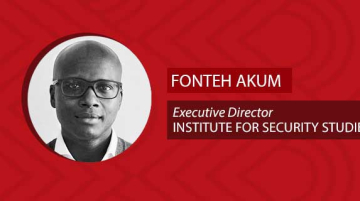This Summer the United States updated its foreign policy for Africa when it shifted the focus from competing with China to improving governance and bolstering trade ties with the region. Now, three months later, the State Department’s top diplomat for Africa, Assistant Secretary of State Molly Phee, joins Eric & Cobus for an in-depth discussion on the new strategy and how it’s being received by stakeholders across the continent.
Also, three prominent African scholars were invited to submit questions on any topic to the Assistant Secretary:









